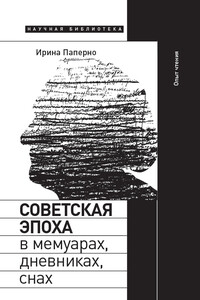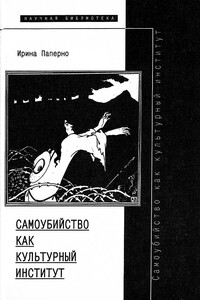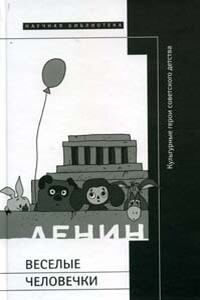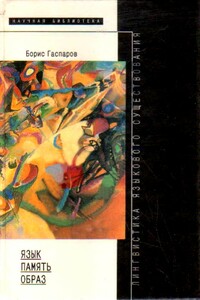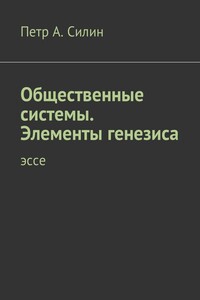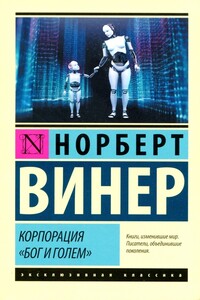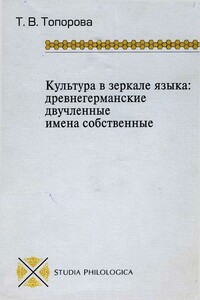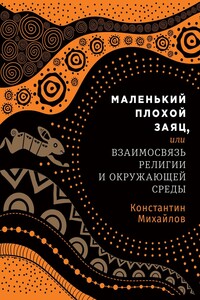Hobsbawm Е., Ranger Т. (ed.) The Invention of Tradition. Cambridge University Press, 1983.
Hofeneder Ph. Die mehrsprachige Ukraine. Übersetzungspolitik in der Sowjetunion von 1917 bis 1991. Münster, Wien: Lit Verlag, 2013.
Hokanson K. Literary Imperialism, Narodnost’ and the Pushkin’s Invetion of the Caucasus // The Russian Review 53. 1994. No. 3. S. 336–352.
Hosking G. Russia: People and Empire, 1552–1917. Cambridge, Mass., 1997.
Jones S. Georgia: A Political History since Independence. London & New York: I. B. Tauris, 2013.
Kappeler A. Russland als Vielvölkerreich. Entstehung, Geschichte, Zerfall. München: C. H. Beck, 1992.
Kemoklidze N. Nationalism and War. Georgia in the 1990s // Working Papers of Nationalism Studies. University Edinburg, 2011.
Kopaliani А., Benidze S. Translations from Georgian after 1991. Facts, Trends, Recommendations // Eastern Partnership Culture Programme, 2012. http://bookplatform.org/images/activities/52/preprintedfileeng.pdf.
Kopaliani А., Benidze S. Translations into Georgian after 1991. Facts, Trends, Recommendations // Eastern Partnership Culture Programme. 2012. http://bookplatform.org/images/activities/49/geogreeneng1.pdf.
Korek J. Central and Eastern Europe from a Postcolonial Perspective // Korek J. (ed.). From Sovietology to Postcoloniality. Poland and Ukraine from a Postcolonial Perspective. Huddinge: Sodertorns hogskola, 2007.
Kuhiwczak P. How postcolonial is post-communist translation? // University of Warwick Publications service & WRAP. 2008. http://wrap.warwick.ac.uk/121/.
Kukulin I. Documentalist Strategies in Contemporary Russian Poetry // The Russian Review. 2010. Оctober. Vol. 69. No. 4. P. 585–614.
Lang D. M. Last Years of the Georgian Monarchy 1658–1832. Columbia UP, 1957.
Layton S. Russian Literature and Empire: Conquest of the Caucasus from Pushkin to Tolstoy. Cambridge, 1994.
Lecke М. “Putešestvie v Arzrum”: Puškin und das Imperium // Zeitschrift für Slawistik 47. 2002. No. 4. S. 458–468.
Lippi-Green R. English with an Accent: Language, Ideology and Discrimination in the United States. London and New York: Routlegde, 1997.
Lukyanov F. (Interview) The End of the Post-Soviet Period in Russian Foreign Policy: What is Next? // Center for Strategic and International Studies. 29.02.2012. https://www.csis.org/events/end-post-soviet-period-russian-foreign-policy-what-next.
Lukyanov F. The End of the Post-Soviet Era // Russia in Global Affairs. 19.01.2012. http://eng.globalaffairs.ru/redcol/The-End-of-the-Post-Soviet-Era-15443.
Magarotto L. L’Avanguardia a Tiflis: studi, ricerche, cronache, testimonianze, documenti. 1982.
Maisuradze G., Thun-Hohenstein F. Sonniges Georgien. Figuren des Nationalen im Sowjetimperium. 2015.
Majsuradze G. Die Familienmetaphorik der sowjeischen Völkerfreundschaft // Freunschaft: Konzepte und Praktiken in der Sowjetunion und im kulturellen Vergleich, Zfl. Berlin, 2011. S. 26–31.
Martin T. The Affirmative Action Empire: Nations and Nationalism in the Soviet Union, 1923–1939. Ithaca: Cornell University Press, 2001.
Megrelishvili T. Relationship Between the Concepts of the Artistic Worlds Picture and the Discourse of the Georgian Poetry Written in the Russian Languages // Humanities & Social Sciences. 2015. No. 8 (7). P. 1501–1510.
Memmi А. The Colonizer and the Colonized. Boston: Beacon Press, 1965.
Moore D. Ch. Is the Post– in Postcolonial the Post– in Post-Soviet? Toward a Global Postcolonial Critique // PMLA. 2001. Vol. 116. 1. Р. 111–128.
Moosmüller A. Kulturelle Differenz: Diskurse und Kontexte // Moosmüller A. (Hrsg.) Konzepte Kultureller Differenz. Münster; New York, 2009. S. 13–45.
Muhleisen S. What makes an accent funny, and why? Black Britsh Englishes and humour televivised // Cheeky Fictions: Humour and the postcolonial. Amsterdam: Rodopi, 2005. P. 225–243.
Mühlfried F. Postsowjetische Feiern. Das Georgische Bankett im Wandel. Stuttgard, 2006.
Nizharadze G. National Stereotypes in the Soviet Anecdote // ICCN Journal “An Alternative to Conflict”. 21.09.2006. http://taktaka.blogspot.de/2006/09/national-stereotypes-in-soviet-anecdote.html.
